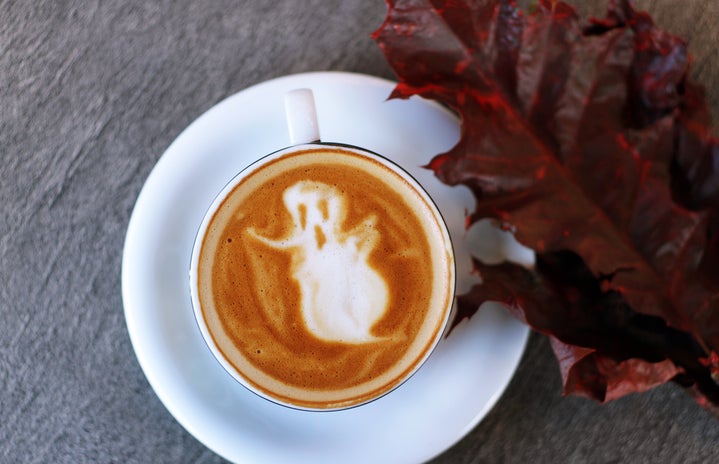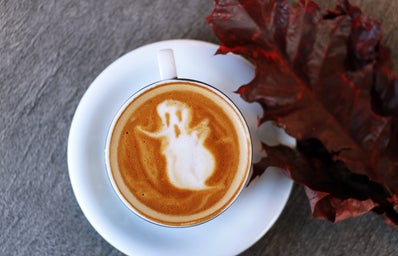The phenomenon of cultural appropriation is one that has emerged recently as society becomes more and more politically correct. The Cambridge Dictionary defines it as “the act of taking or using things from a culture that is not your own, especially without showing that you understand or respect this culture.” It is language that is often used in the music industry and Hollywood, but one that also plays an important role in one of America’s most beloved holidays: Halloween.
I can remember two instances of cultural appropriation from my Halloween experience last year.
The first occurred the Saturday before Halloween when I was out with my friends, leaving one of our dorm rooms. I saw a white man wearing an enormous headdress, and its immense size immediately gained my attention and made me recoil in disgust.
The second incident happened as I was scrolling through Instagram the afternoon after Halloween. I had been admiring all the witty puns my friends had come up with to match their costumes until I got to one in particular: Pocahontas. The girl–let’s call her Becky for all intents and purposes–was wearing a short brown dress and a simple feathered headdress. Now, of course Becky isn’t Native American, but that didn’t stop her from making the decision to speak for an entire culture.
But what concerned me wasn’t just the fact that Becky wore the costume, symbolizing Pocahontas. It was the fact that she posted a picture of her costume and obtained hundreds of likes. Hundreds of people saw her in that costume and didn’t see a problem with it. I am sure the same people would have liked her photo if she went as Nicki Minaj or Mulan, not seeing the ramifications it has for the cultures these costumes are tied to.
There is a difference between wearing a hot pink or blue wig and going out and purchasing dreads for the night, because there is a difference between dressing up as a character and dressing up as a culture. It is important that one is able to make this distinction.
Cultural appropriation is often thought of as a way to stop people from expressing themselves, similarly to the way some people feel about political correctness. However, it’s about trying to make people aware that when you wear a costume that is reminiscent of a specific culture, it can reinforce negative stereotypes.
A prominent example of this appears during the fifth season of the Freeform show “Switched at Birth.” One episode starts when one of the main characters, Daphne goes to a Halloween party with her boyfriend. She was dressed as Nicki Minaj and he was dressed as Lil Wayne. That episode represented the start of a season that dealt with the racial disparities present on college campuses, especially on a point that usually flies under the radar: Many people just don’t get that cultural costumes or costumes representing certain people from minorities are harmful.
There is a lot more to being a black man than having dreads but for some people that’s all there is to a black man, and these types of costumes can emphasize and streamline this mode of perception.
The point of this article is not to chastise people for their Halloween choices but to bring awareness to what some of those costumes choices can inflict on the cultures they subsequently belong to. There are ways to be educated about the costume choices that you’re making this Halloween.
The moral of the story? There are literally thousands of characters that one can dress up as this Halloween. Don’t belittle an entire culture. Put away your feather headdresses and other insensitive garb, and have fun on Tuesday without degrading people.


